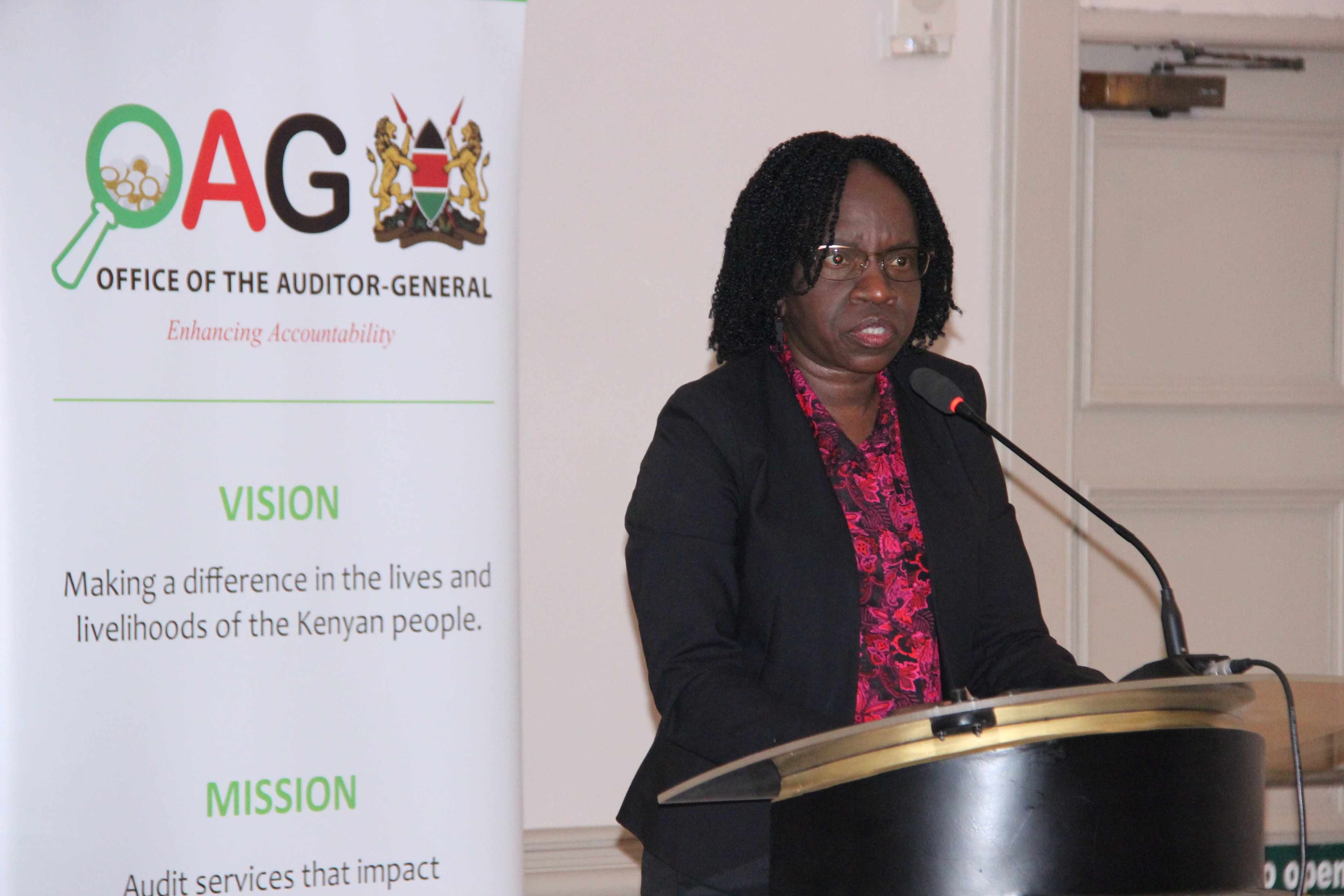We're loading the full news article for you. This includes the article content, images, author information, and related articles.
Explosive annual audits detailing rampant wastage, ghost projects, and unaccounted-for billions in public funds are becoming a routine, ignored ritual, raising critical questions about parliamentary oversight and the high cost of indifference for Kenyans.

Every year, the Office of the Auditor-General (OAG) tables damning reports that should trigger national alarm and immediate corrective action. Instead, these findings, often detailing billions of shillings in misappropriated or wasted public funds, are met with a familiar cycle of fleeting public outrage followed by systemic inertia. This pattern of indifference, particularly from Parliament which is constitutionally mandated to act, perpetuates a culture of impunity that directly costs Kenyan taxpayers and undermines essential public services.
Recent audit cycles have exposed staggering financial irregularities across government ministries, departments, and agencies (MDAs). The Auditor-General's report for the 2023/2024 financial year, for instance, revealed that 24 ministries and departments failed to complete projects valued at KSh 37.92 billion due to poor oversight. This is not an isolated incident. Further investigations have flagged widespread wastage and questionable spending in critical sectors.
A particularly egregious case highlighted in recent reports involves the education sector, where auditors uncovered payments of nearly KSh 1 billion to "ghost schools"—institutions that exist only on paper. Over a four-year period, falsified enrollment data in the National Education Management Information System (NEMIS) led to the loss of over KSh 4 billion in capitation funds, money meant to support learners in public schools. Similarly, a special audit revealed that billions were disbursed for learners and schools that do not exist.
The digital frontier for government services has also become a new avenue for financial leakage. An audit of the e-Citizen platform revealed that approximately KSh 44.8 billion in collections remains unaccounted for. Auditor-General Nancy Gathungu's report ending June 30, 2024, flagged over KSh 9.6 billion in questionable transactions on the platform, citing a lack of service level agreements with financial providers and untraceable receipts. These systemic weaknesses, Gathungu warns, directly threaten the delivery of essential services to citizens.
Under Article 229 of the Constitution of Kenya, the Auditor-General is required to audit and report on the accounts of all national and county government entities. Crucially, clause (8) of the same article mandates that Parliament and county assemblies must debate and take appropriate action on these reports within three months of receiving them. However, this constitutional directive is frequently ignored.
Auditor-General Nancy Gathungu has repeatedly criticized Parliament for this failure. In a February 2025 statement to a parliamentary committee, she lamented that the lack of action on her office's reports is directly responsible for the rampant wastage of public resources and corruption. She noted that despite submitting numerous performance audit reports with recommendations that could enhance governance and improve citizens' livelihoods, they are seldom deliberated. "My office can only be as impactful as Parliament allows it to be," Gathungu stated, emphasizing that the power to sanction and demand implementation lies with the legislature.
The effectiveness of the OAG is further hampered by chronic underfunding and challenges to its autonomy. Ms. Gathungu revealed that inadequate funding is a key reason for Kenya's poor ranking in the World Bank's Supreme Audit Institutions (SAIs) Independence Index. Despite a continually expanding mandate—the number of entities requiring audits has grown from 1,341 in the 2018/19 financial year to an expected 12,900—the office's budget has not kept pace. This financial starvation cripples the OAG's ability to recruit sufficient staff and conduct timely, comprehensive audits, creating significant backlogs.
Allegations of corruption within the audit process itself have also surfaced, with Members of Parliament raising concerns about auditors potentially using queries as bargaining chips. While the OAG maintains it has integrity measures like staff rotation in place, these concerns, coupled with the funding crisis, threaten to erode public trust in the one institution constitutionally designed to be the public's watchdog.
The failure to act on auditor reports is not merely a procedural lapse; it has severe consequences for the Kenyan public. The billions lost to corruption, ghost projects, and inefficiency represent funds diverted from critical areas such as healthcare, infrastructure, and education. When KSh 2.5 billion in donor-funded projects lacks proper documentation, as a recent audit found, it jeopardizes international partnerships and future development aid. When county governments spend up to 80% of their budgets on salaries and operations, leaving little for development, the promise of devolution is unfulfilled.
This systemic failure breeds a deep-seated public cynicism, where corruption scandals become normalized and accountability is seen as an unattainable ideal. For Kenya to progress, the detailed, evidence-based findings of the Auditor-General cannot remain mere entries in a national diary of indifference. They must be treated as urgent calls to action, compelling those in power to enforce accountability and safeguard the nation's resources.
Keep the conversation in one place—threads here stay linked to the story and in the forums.
Sign in to start a discussion
Start a conversation about this story and keep it linked here.
Other hot threads
E-sports and Gaming Community in Kenya
Active 9 months ago
The Role of Technology in Modern Agriculture (AgriTech)
Active 9 months ago
Popular Recreational Activities Across Counties
Active 9 months ago
Investing in Youth Sports Development Programs
Active 9 months ago